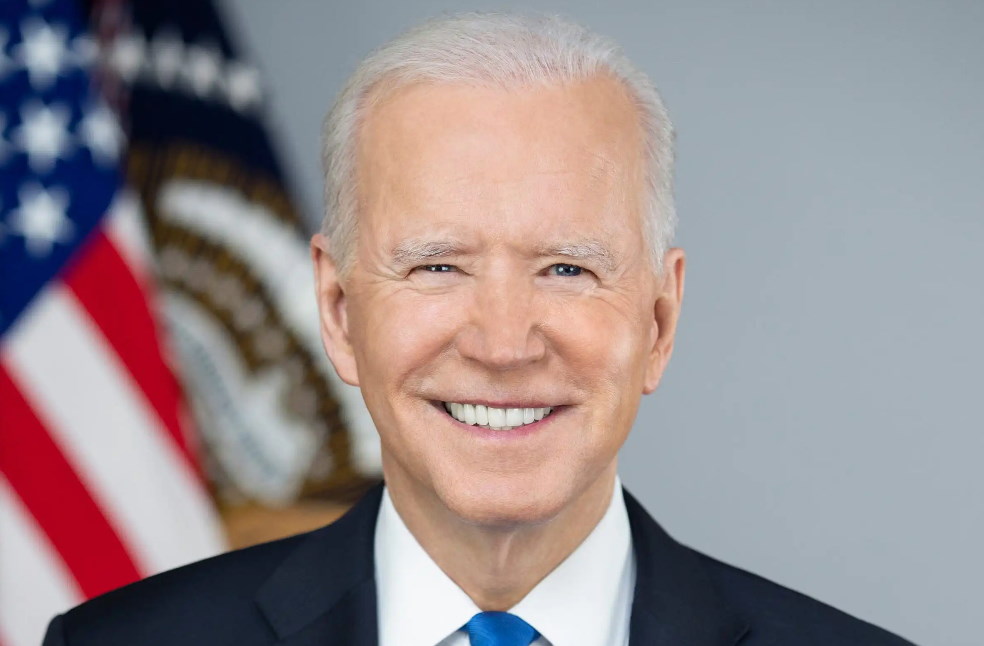United States: OpenAI has debuted a voice-cloning tool that it plans to maintain under strict supervision until security measures are put in place to prevent audio fakes intended to trick listeners.
Based on a 15-second audio sample, a model named “Voice Engine” can virtually mimic someone’s voice, according to an OpenAI blog post that presents the findings of a tool’s small-scale test.
“We recognize that generating speech that resembles people’s voices has serious risks, which are especially top of mind in an election year,” the San Francisco-based company said.

“We are engaging with U.S. and international partners from across government, media, entertainment, education, civil society and beyond to ensure we are incorporating their feedback as we build,” OpenAI observed.
Experts worry that the widespread availability of voice cloning tools, which are low-cost, simple to use, and difficult to track down, will lead to widespread misuse of AI-powered applications during a crucial election year.
OpenAI stated that it was “taking a cautious and informed approach to a broader release due to the potential for synthetic voice misuse,” in recognition of these issues.
The circumspect disclosure occurred many months after a political adviser for a Democratic opponent of Joe Biden’s, in the long run, acknowledged being the brains behind a robocall that mimicked the US president.

An operative for Minnesota congressman Dean Phillips created the AI-generated call, which included what sounded like Joe Biden’s voice advising people not to vote in the New Hampshire primary in January.
Experts expressed anxiety about the episode, fearing a wave of AI-powered deepfake information in the 2024 White House campaign and other important elections this year across the world.
According to OpenAI, partners in the Voice Engine test program have agreed to guidelines that include obtaining the express and informed agreement of everyone whose voice is replicated using the program.
The business also stated that viewers need to know when the voices they hear are artificial intelligence.
“We have implemented a set of safety measures, including watermarking to trace the origin of any audio generated by Voice Engine, as well as proactive monitoring of how it’s being used,” added OpenAI.



